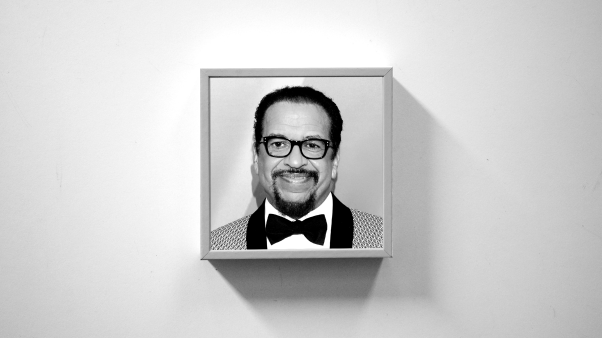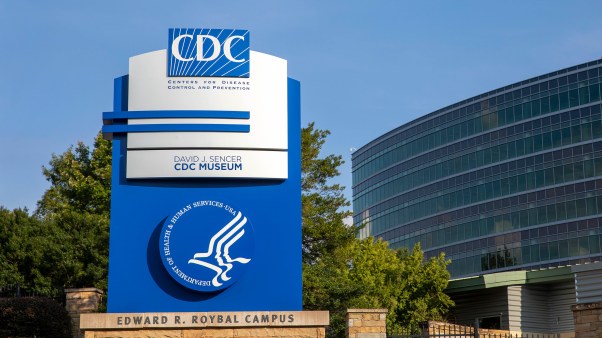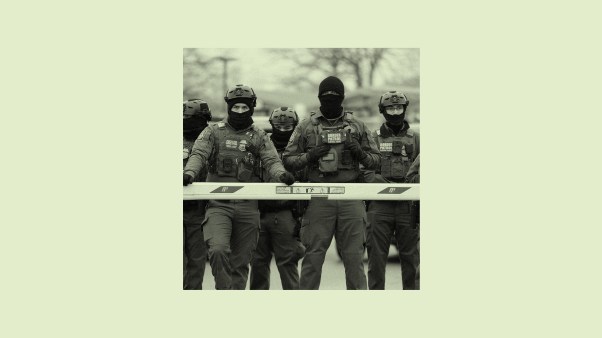Sunday after the World Trade Center attack, Gail and I spoke to 200 Salvation Army officers and cadets in New York. Then two officers took us downtown.
Our first view of Manhattan came as we passed over the George Washington Bridge. The World Trade Center was missing. For those of us who pride ourselves in being full-time or part-time New Yorkers, who know what it’s like to get up each morning and look to see if the Towers are visible or in the clouds, it was the first of many shocks.
We drove down the West Side Highway, passing through checkpoint after checkpoint with our special credentials. The Salvation Army insignia is pure gold.
We parked and walked and then, suddenly, there was Ground Zero, six square blocks of twisted rubble, 110 floors of two imploded buildings, and their entire volume is less than two stories high. It is like a gigantic European plaza with open sky. But each building surrounding the plaza is lifeless, every window (and often the façade) gone.
Then you notice the workmen, several thousand, like ants crawling over the pile, in bucket brigades of a hundred or more in a line. When I asked why such a primitive form of rubbish removal, I was told that it was the only way to get at bodies.
An unbroken line of workers was arriving, like soldiers to the front in a war. Each carried some kind of tool: a shovel, a pickax, electronic equipment. Another line, just as fascinating but far more disturbing, was coming out. Men exhausted, filthy, hardly able to walk.
We joined a small team of SA people at a nearby canteen, just feet away from the crater. Gail immediately set about to organize supplies because they were in disarray. My place was with the workmen.
I simply stepped out as the lines moved by and started saying, “You look like a man who needs something to drink.” Virtually every man I encountered stopped and took what I offered. I would make conversation: “How long have you been in the hole?” “What’s your job?” “Where’s your family?” “Do you have buddies in the pile (meaning: did you lose someone)?” Virtually everyone did. Many had lost more than one. Many had lost relatives (the police and fire services are full of related people).
Almost no one refused my offer to talk. They would spill their guts. I talked with men who had just uncovered body parts. You could smell death in their clothes.
Often I would say, “I’m a guy who likes to pray for his friends. Would you mind a prayer?” No one ever refused. Most reached out and grabbed my hand, or, if I put my hand on their shoulders, would come instinctively closer.
My prayer: “God, I thank you for my new friend. Please keep him brave, strong, safe, and true. And help him remember this city dearly loves him today.”
Then word came that the men on the bucket brigades were hot and thirsty. So a couple of us filled large buckets with small plastic bottles of water and entered the crater. I found myself up on the piles of rubble alongside the men and the sniffer dogs. The smell was not as oppressive as I’d been warned, but it was there.
Some of the men at the very top of the piles could not be reached. So I lobbed bottles, like throwing passes at a football game, up the piles. It became for some of the men almost a game, a moment of welcome distraction.
Like a chaplain in war, my experience was going from soldier to soldier, reminding them God is here.
No church service has spoken so deeply into my soul and witnessed to the presence of God as those hours at the crash site. Being on that street, giving cold water to workers, praying and weeping with them, I felt like saying, “This is the place where Jesus most wants to be.”
Gordon MacDonald is editor-at-large of Leadership.
Copyright © 2001 by the author or Christianity Today/Leadership journal. Click here for reprint information on Leadership.









